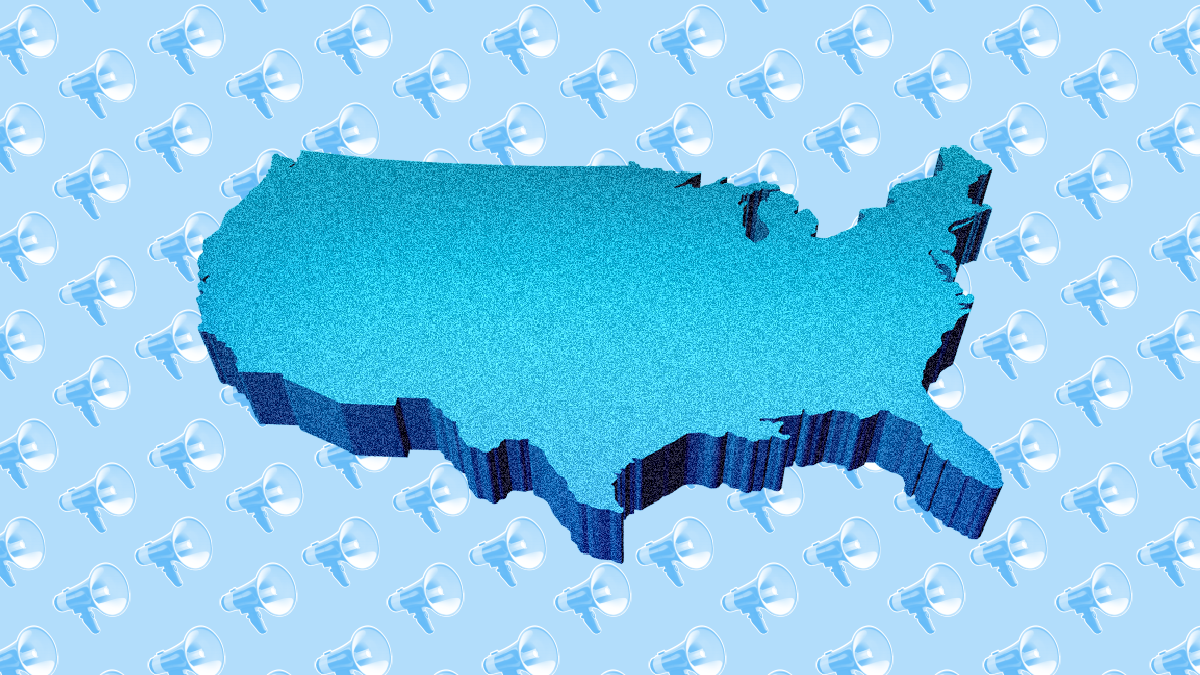NWLC Reacts to New Census Bureau Data Revealing One in Five Women Surveyed Couldn’t Access Child Care
Washington, DC – Using data from the latest round (Week 61) of the U.S. Census Bureau’s Household Pulse Survey, NWLC found that one in five women with children under 12 years old in the household reported that they were unable to access child care at some point between late July to early September of this year.
This number is higher for Black, non-Hispanic women (27.3 percent), who were nearly two times more likely than white, non-Hispanic men (14.4 percent) to report that their children could not attend child care.
This survey data comes just days before the September 30 deadline marking the expiration of billions of dollars of federal child care funding, which is expected to cause child care programs across the country to either raise their rates or close completely, creating an even tighter child care market for families and educators.
Not having child care greatly harms women’s employment participation and economic security. The Census survey found that nearly seven in ten (69 percent) women who did not have child care for children under 12 experienced an economic impact, such as being forced to take unpaid leave, cut their work hours, leave their jobs, lose their job, or not look for a job because they did not have child care. In comparison, 65.6 percent of their male counterparts reported economic impacts.
“This data further underscores that women, and particularly women of color, will bear the brunt of the economic impacts as child care programs close or raise their rates after critical federal funding expires at the end of the month,” said Melissa Boteach, Vice President of Income Security and Child Care/Early Learning for the National Women’s Law Center (NWLC). “This funding has been essential to pay child care educators and keep care affordable for families. Congress must prevent this looming economic crisis by passing $16 billion a year in emergency child care funding, which will help keep the child care sector afloat.”
Earlier this month, NWLC led nearly 1,000 child care programs and advocates from all 50 states, including more than 100 national organizations, in calling on Congress to immediately pass $16 billion per year in emergency child care funding.
Click here for a summary of the key findings for child care from the U.S. Census Bureau’s most recent Household Pulse Survey.




